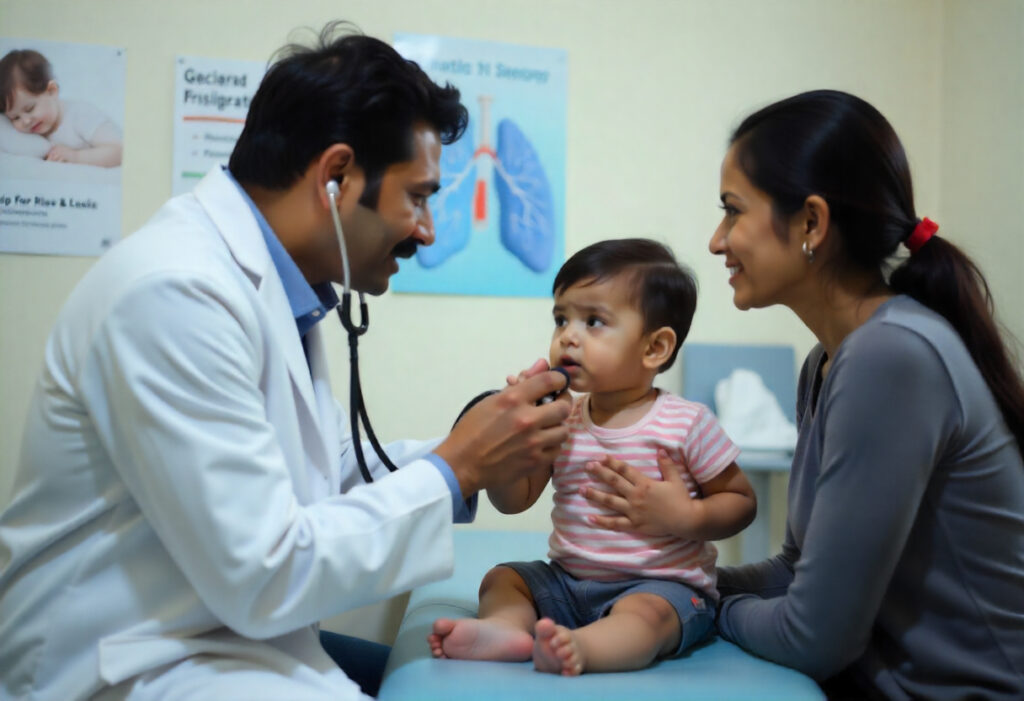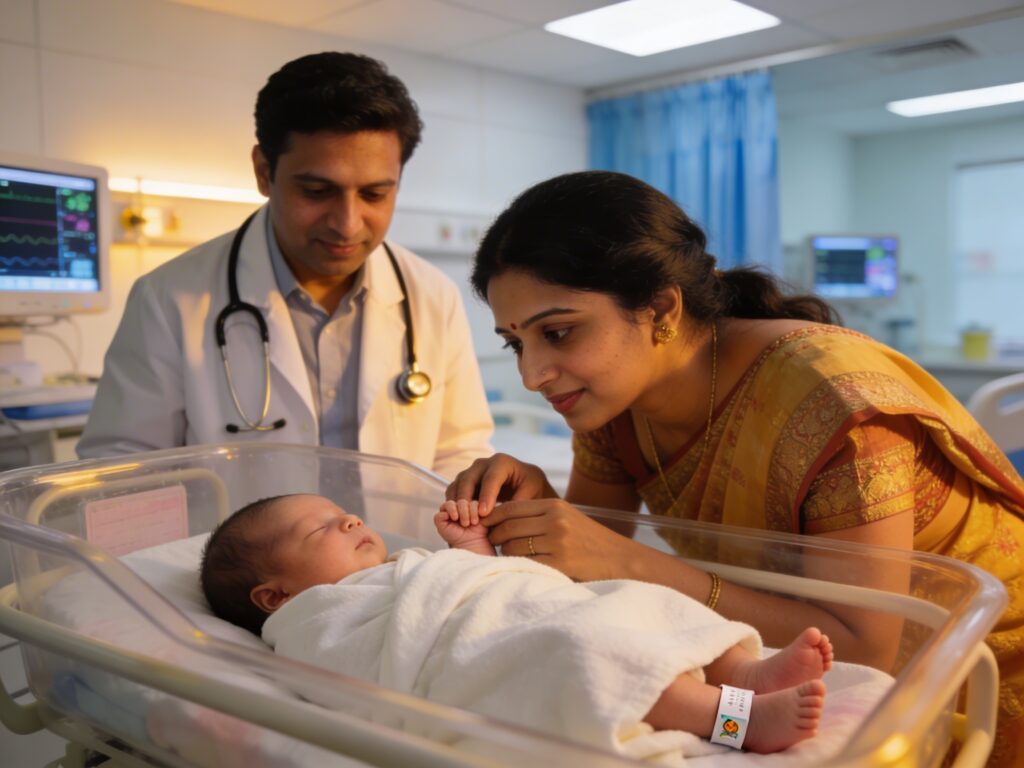
Sleep Apnea in Children: Detection & Treatment
Why Sleep Quality Matters in Childhood
Parents often focus on a child’s nutrition, vaccinations, and growth milestones but overlook one silent yet significant pillar of health: quality sleep. While occasional snoring or restlessness at night may seem harmless, they could be signs of sleep apnea in children—a condition that disrupts breathing during sleep, impacting physical growth, brain development, behavior, and even heart health. At Shishuka Children’s Specialty Hospital, trusted by families searching for the best pediatrician in Bangalore, we emphasize the importance of identifying and managing sleep apnea early to help children live healthier, more active lives.
What Is Sleep Apnea in Children?
Sleep apnea is a disorder where breathing repeatedly stops and starts during sleep. In children, the most common type is Obstructive Sleep Apnea (OSA), which occurs when the airway becomes partially or fully blocked during sleep, leading to poor oxygen levels, frequent awakenings, and disrupted sleep cycles. Unlike adults, children with sleep apnea may not appear excessively sleepy during the day but may exhibit irritability, behavioral problems, poor focus, or even hyperactivity, leading parents to seek a developmental pediatrician without realizing the root cause may be poor sleep quality.
How Sleep Apnea Affects Your Child’s Health
Sleep apnea is not just about snoring or restless sleep. During sleep, the body releases growth hormones, consolidates memory, and repairs tissues. In children with sleep apnea, frequent interruptions in breathing reduce the quality of sleep, leading to growth delays, reduced attention spans, mood swings, and learning difficulties. Children with asthma or allergies may experience worsening symptoms due to sleep apnea, requiring more frequent use of asthma medications and wheeze treatments. Additionally, chronic low oxygen levels during sleep may contribute to high blood pressure and heart strain if untreated.
Why Parents Often Miss the Signs of Sleep Apnea
Many parents assume snoring is normal or consider mouth breathing at night harmless. However, habitual loud snoring, restless sleep, or unusual sleeping positions may be early signs of sleep apnea that require evaluation. Children may also exhibit daytime symptoms such as difficulty waking up, bedwetting, daytime sleepiness, irritability, or hyperactivity. Teachers may report attention issues or poor academic performance, prompting parents to seek advice from a pediatrician or a good pediatrician near them without connecting these issues to sleep-disordered breathing.
What Causes Sleep Apnea in Children?
The most common cause of sleep apnea in children is enlarged tonsils and adenoids, which block the airway during sleep. Other contributing factors may include obesity, allergies causing chronic nasal congestion, craniofacial abnormalities, or neuromuscular disorders.Obesity is an increasing contributor to sleep apnea, with excess weight narrowing the airway. Chronic nasal congestion due to allergies can further exacerbate sleep-disordered breathing, requiring evaluation and treatment from a pediatric pulmonologist.
Signs and Symptoms for Sleep Apnea
Recognizing sleep apnea in children requires close observation of both nighttime and daytime symptoms. Common signs include:
- Loud, habitual snoring most nights of the week.
- Pauses in breathing during sleep, often noticed by parents.
- Restless sleep, frequent changes in sleeping position.
- Unusual sleeping postures, such as neck hyperextension to open the airway.
- Mouth breathing during sleep and while awake.
- Daytime behavioral issues like hyperactivity, irritability, or aggression.
- Difficulty waking up and excessive daytime sleepiness.
- Poor academic performance
- Morning headaches due to low oxygen levels during sleep.
If your child shows these symptoms, it is advisable to consult a pediatrician near me open now for an evaluation.
How Is Sleep Apnea Diagnosed in Children?
Diagnosis involves a comprehensive approach:
1. Medical History and Examination
Your pediatrician will ask detailed questions about your child’s sleep habits, snoring patterns, daytime symptoms, growth patterns, and any history of allergies or asthma. A physical examination will check for enlarged tonsils, adenoids, nasal obstructions, and weight-related concerns.
2. Sleep Study (Polysomnography)
A sleep study is the gold standard for diagnosing sleep apnea. Conducted overnight in a sleep lab, it monitors breathing patterns, oxygen levels, heart rate, brain waves, and body movements during sleep. This test confirms the presence and severity of sleep apnea and guides treatment plans.
3. Other Tests
Depending on your child’s case, additional tests like X-rays to assess adenoid size, ECG for heart function, or allergy testing may be recommended. These tests help identify underlying causes requiring treatment, such as allergies that may need best allergy medicine for asthma.
Treatment Options for Kid's Sleep Apnea
Treatment depends on the severity and underlying cause of sleep apnea.
Medical Management
For mild cases, especially when caused by allergies, medical management may include:
- Nasal corticosteroid sprays to reduce nasal congestion
- Antihistamines for allergy control.
- Weight management programs for overweight children, guided by your pediatrician in Bangalore
- Use of CPAP (Continuous Positive Airway Pressure) devices in select cases to maintain airway patency during sleep.
Surgical Management
If enlarged tonsils and adenoids are identified as the primary cause, adenotonsillectomy (surgical removal) is often recommended and can effectively resolve sleep apnea in most children.
Managing Related Conditions
For children with asthma, managing asthma effectively is crucial to reduce nighttime symptoms. This may include adjustments in asthma medications and regular follow-ups with your children hospital to monitor respiratory health.
Post-Treatment Outcomes: Can My Child Live a Normal Life?
Parents often worry if their child will regain a normal lifestyle after treatment for sleep apnea. The reassuring answer is that with proper detection and treatment, children show significant improvement in:
- Sleep quality and energy levels.
- Growth and weight gain
- Behavioral and learning outcomes.
- Reduction in asthma and allergy-related symptoms.
Treatment enables children to return to school and activities with improved focus, better moods, and overall well-being.
Importance of Follow-Up and Monitoring
Post-treatment, regular follow-ups with our pediatrician in Bangalore are essential to ensure sustained improvement. Sleep apnea may recur if underlying conditions like obesity are not managed or if allergies persist. Monitoring includes assessing sleep patterns, growth, and academic performance. In some cases, repeat sleep studies may be necessary to evaluate the effectiveness of treatment.
Practical Tips for Parents to Support Their Child
Parents can actively support recovery and management of sleep apnea by:
- Encouraging a consistent bedtime routine to improve sleep quality.
- Maintaining a healthy diet and encouraging physical activity to manage weight
- Ensuring nasal hygiene and allergy management to reduce nasal blockages.
- Monitoring for any recurring symptoms and seeking timely consultation at your best child hospital in Bangalore.
How Shishuka Supports Children with Sleep Apnea
At Shishuka, we believe in comprehensive care for sleep apnea, offering:
- Expert diagnosis using child-friendly approaches.
- Collaboration with ENT specialists and pediatric pulmonologists for holistic care.
- Education for parents on recognizing symptoms and managing lifestyle factors.
- Tailored treatment plans based on each child’s unique needs.
Whether you are looking for a good pediatrician near me for initial consultation or specialized care for advanced treatment, Shishuka is your trusted partner in managing your child’s health.
Related Post

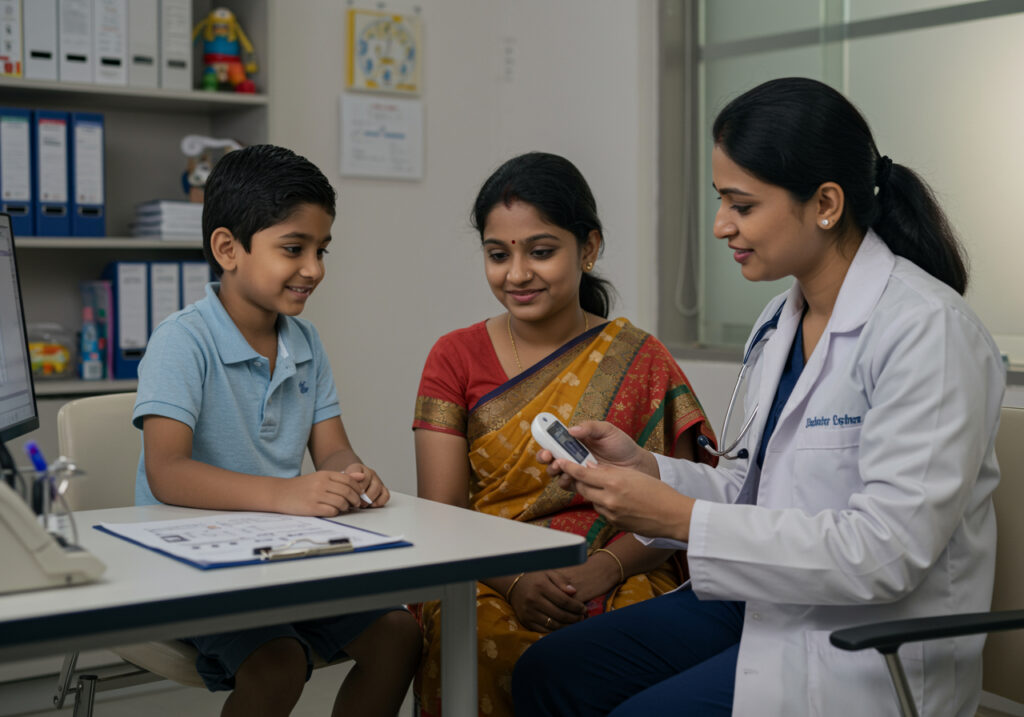


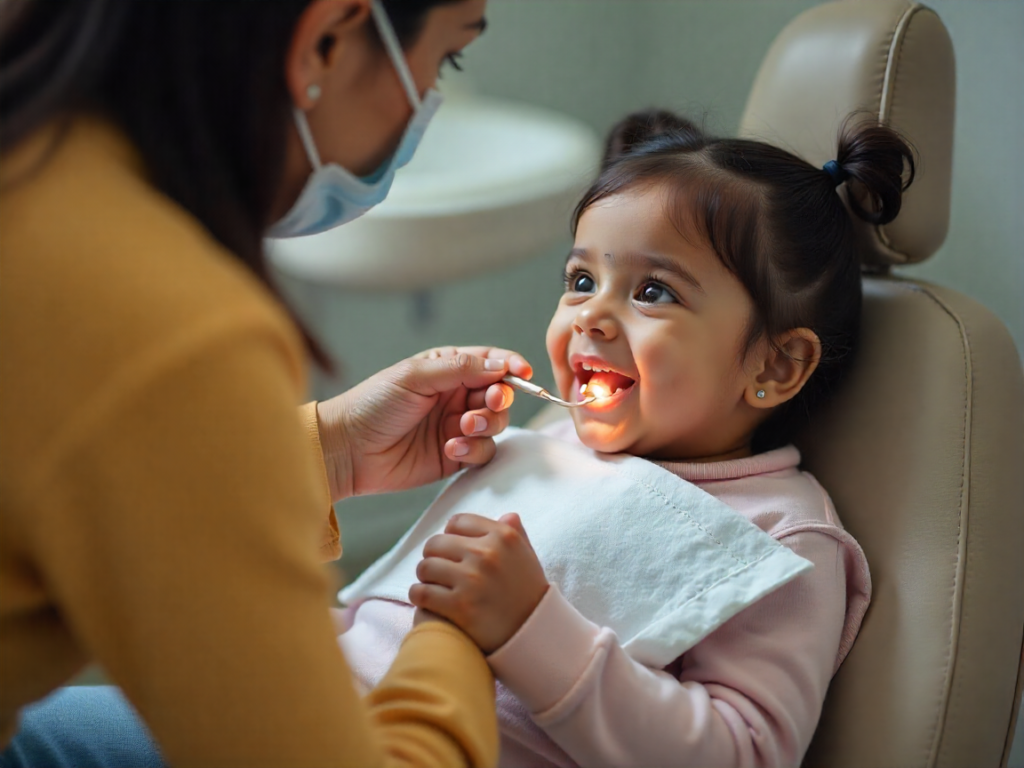
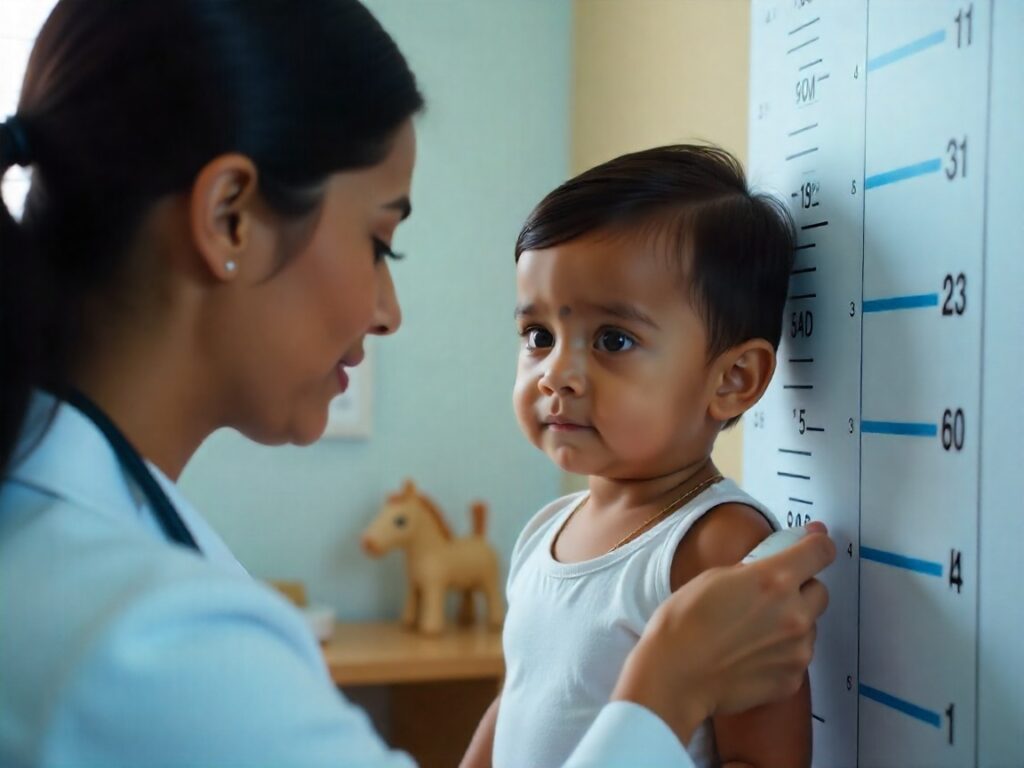

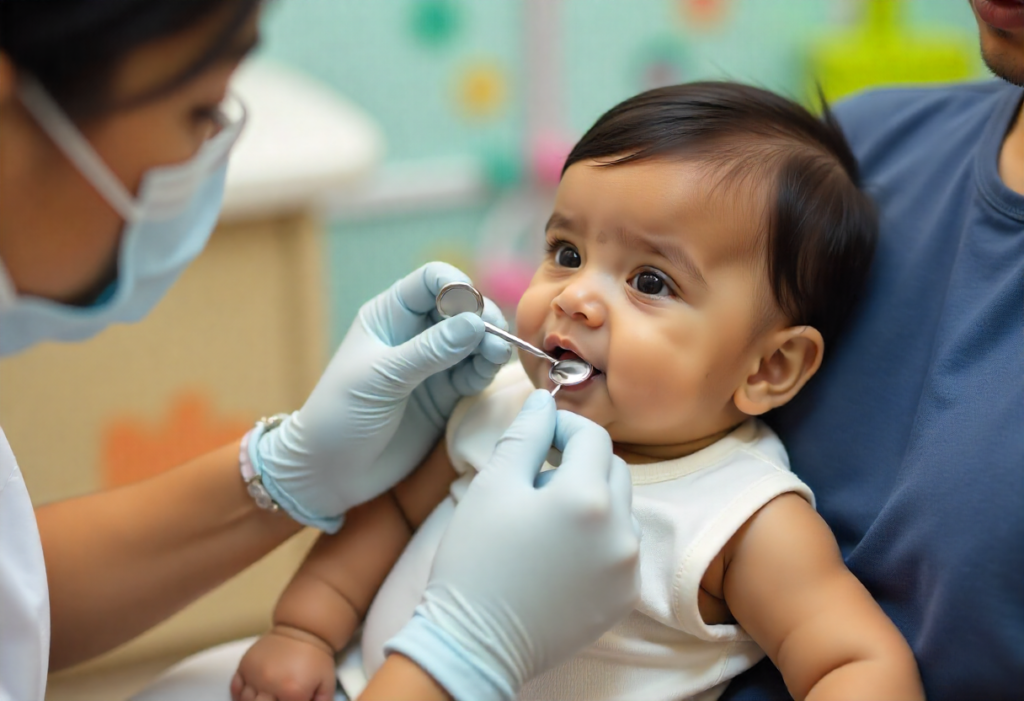
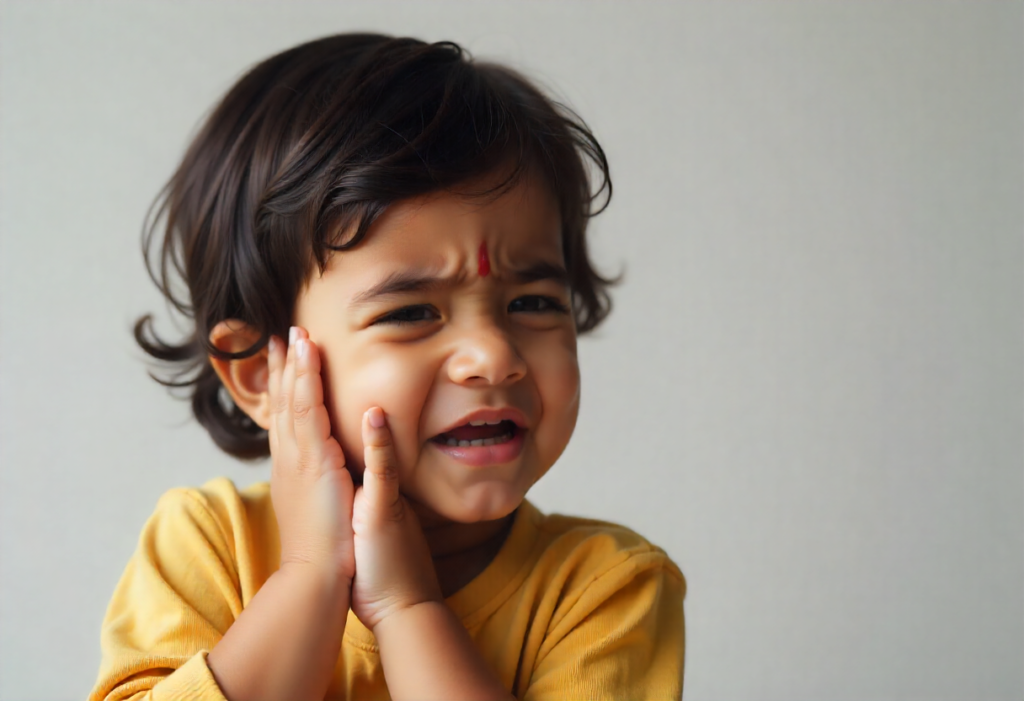



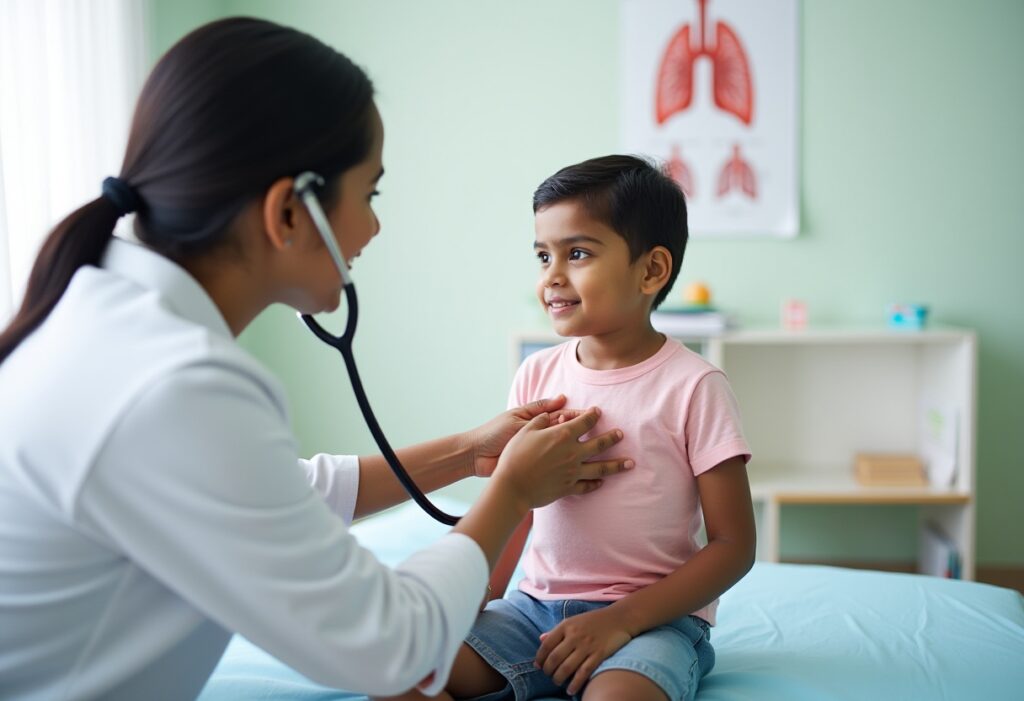
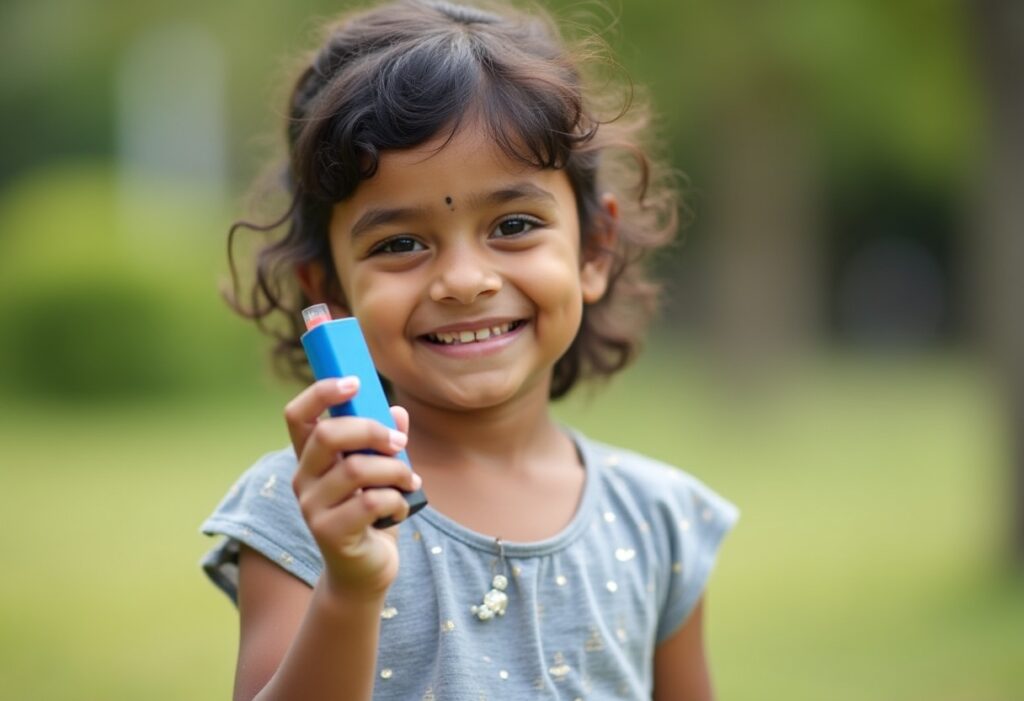
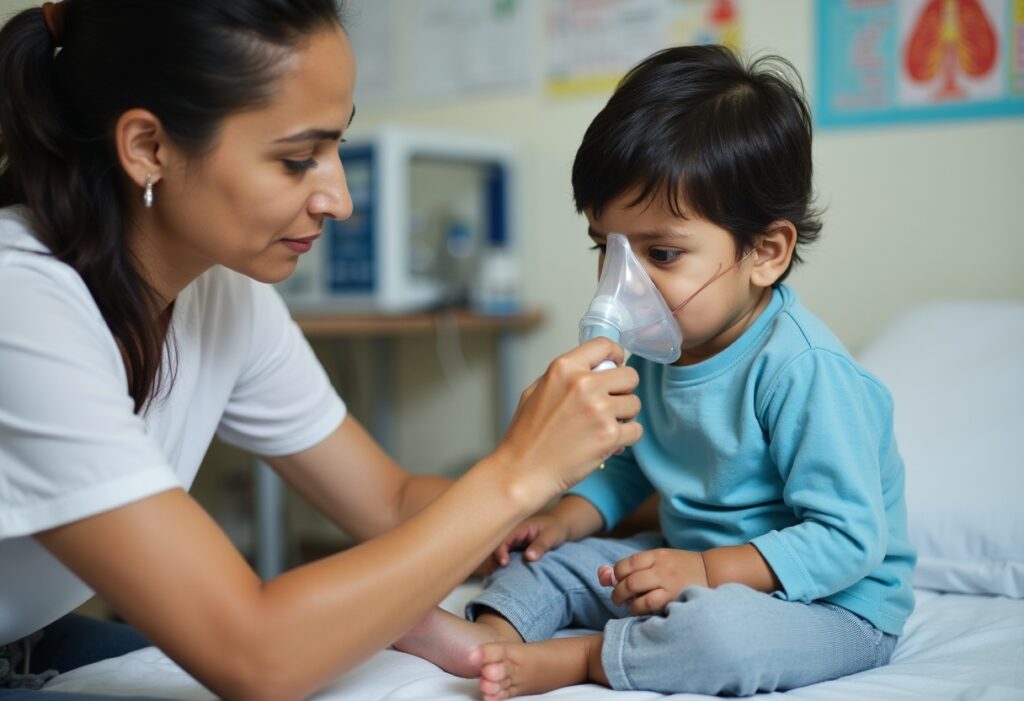
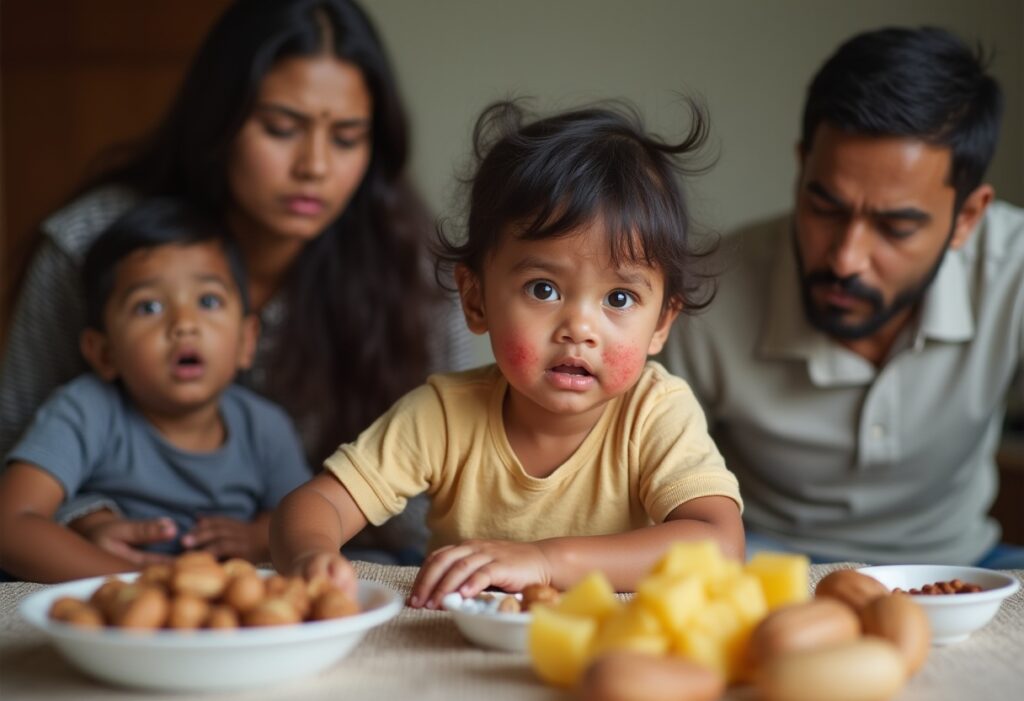
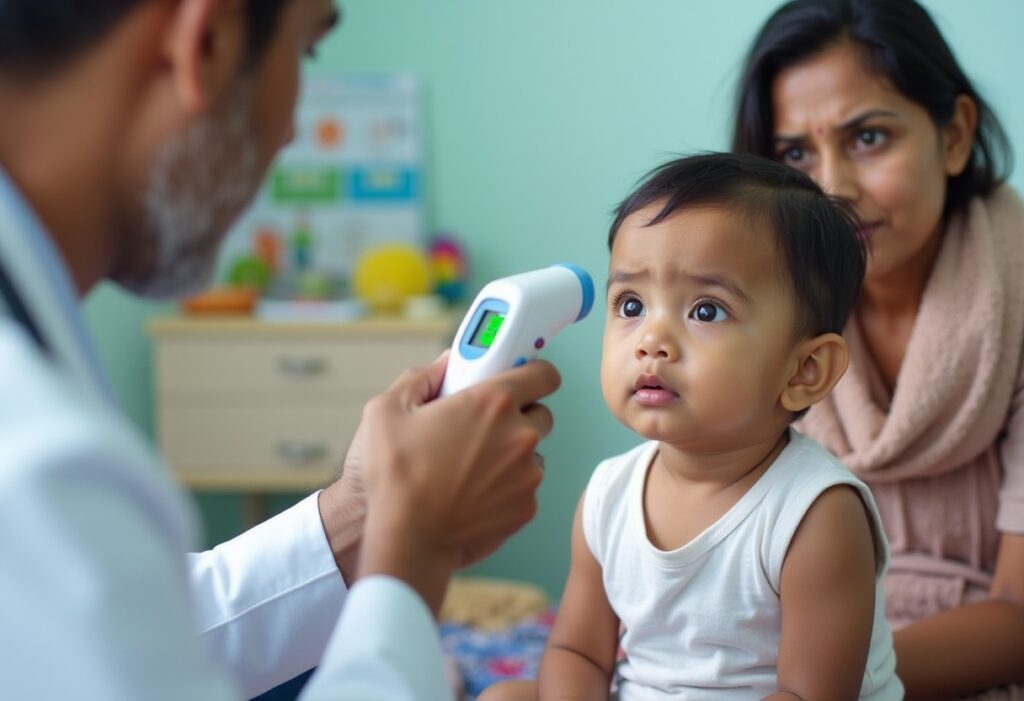

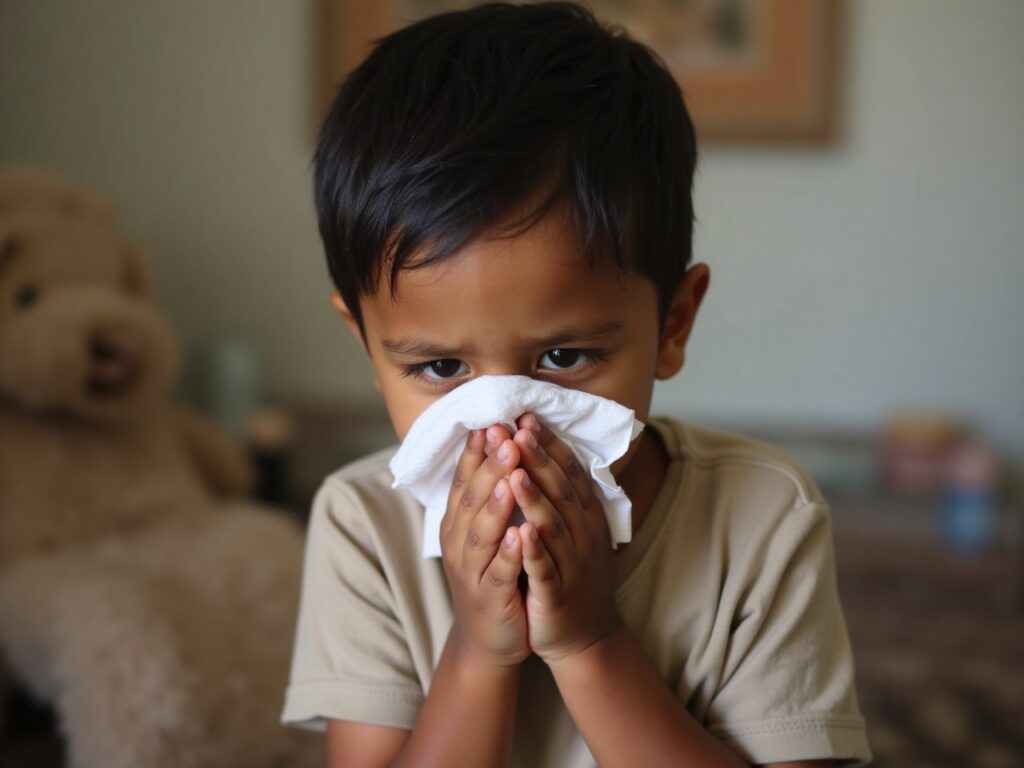

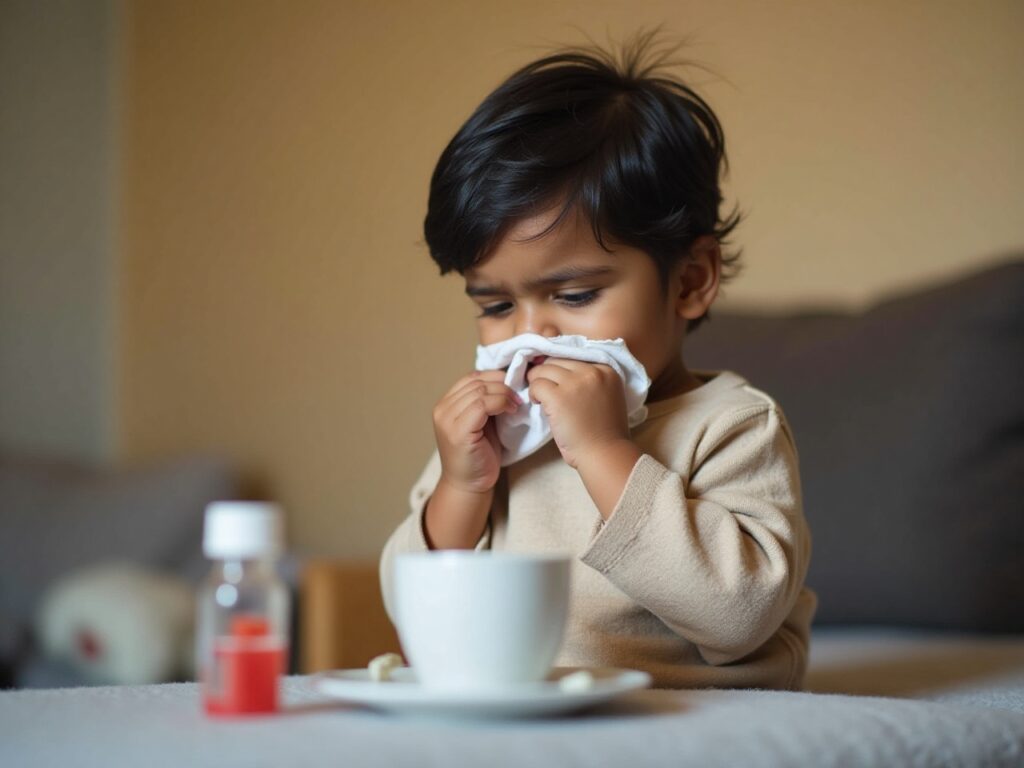


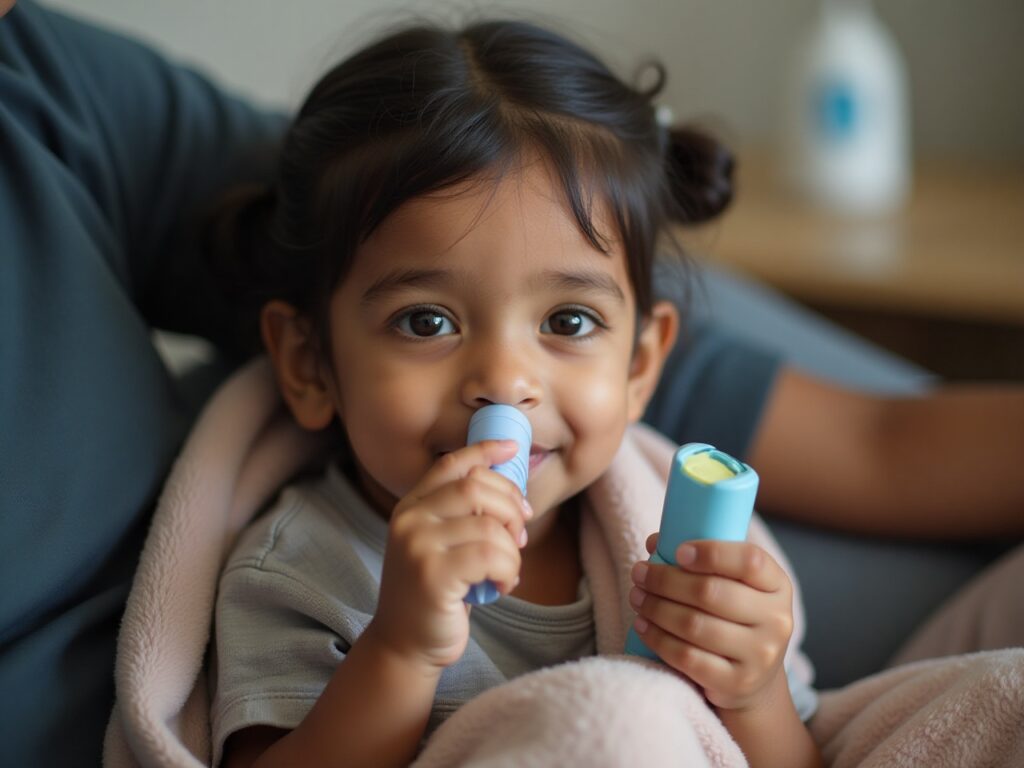
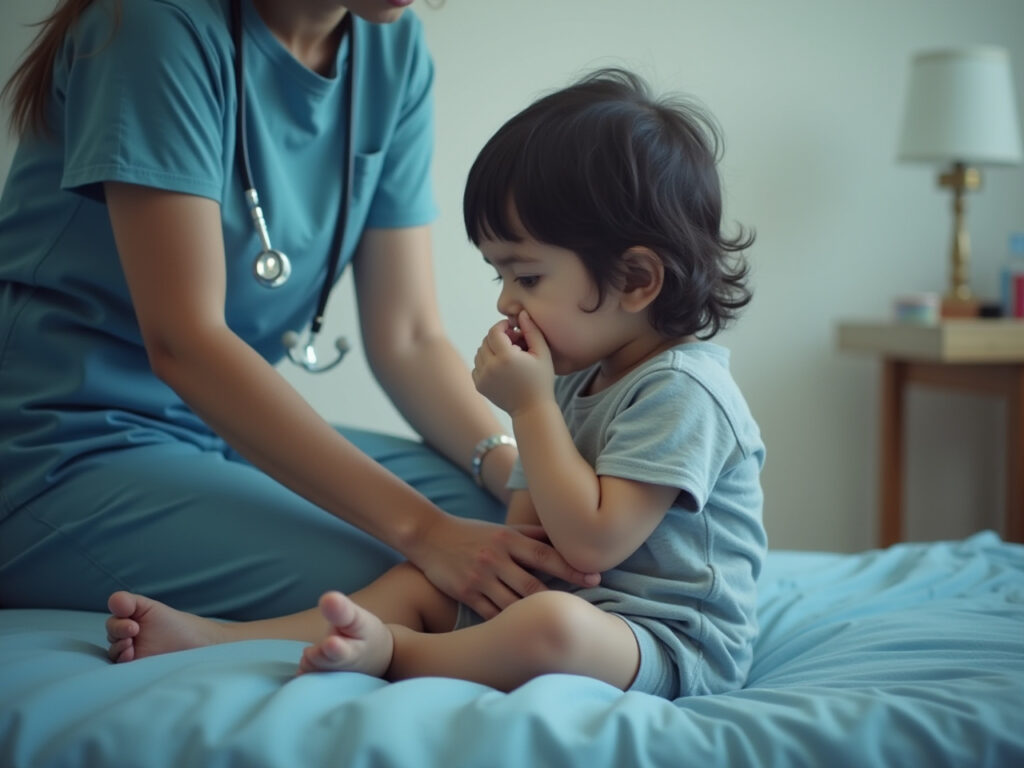

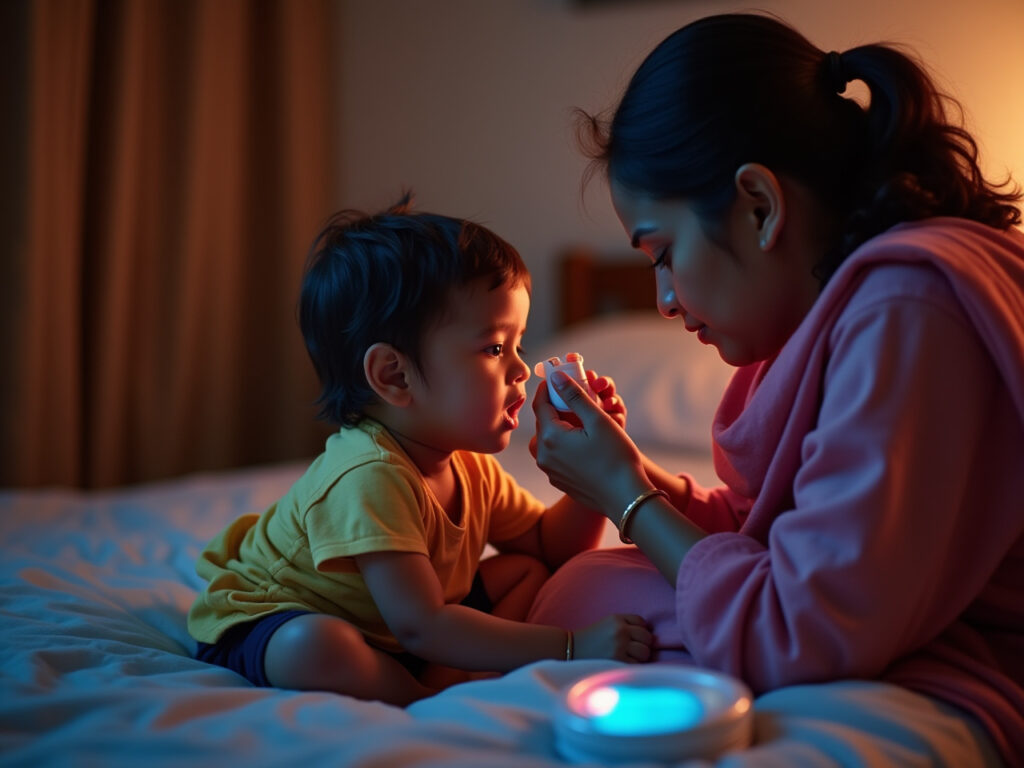


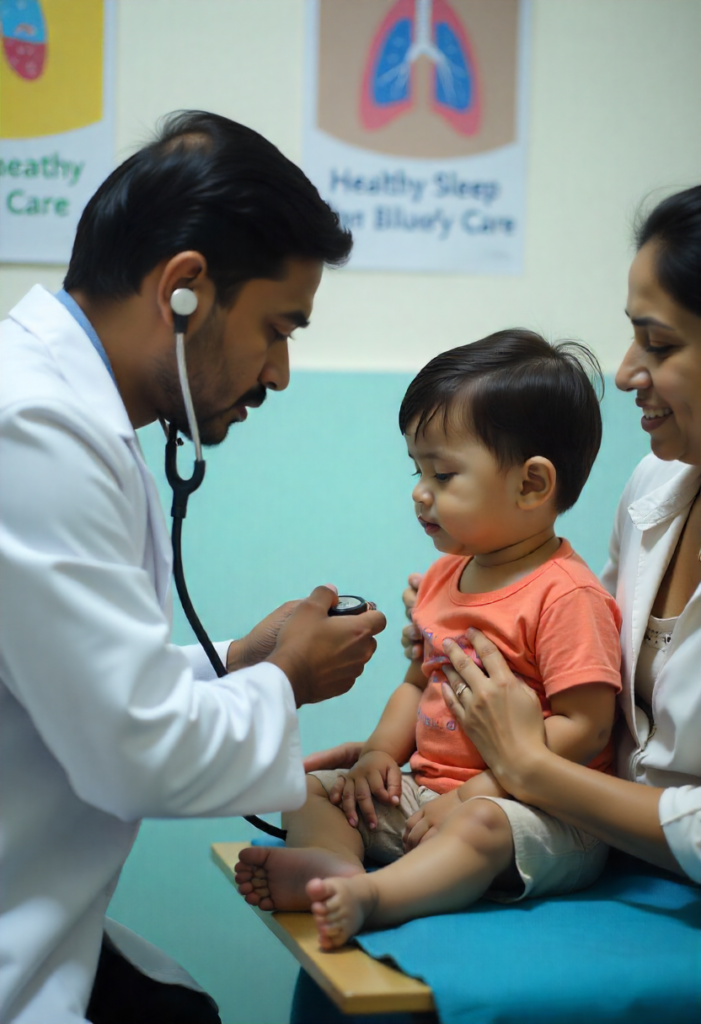
Help your Kids sleep better and breathe easier
Ensure your child gets the care they deserve. At Shishuka Children's Hospital in Bangalore, we provide expert detection and treatment for sleep apnea in children, so they wake up refreshed and healthy every day.
Book Appointment NowContact us

